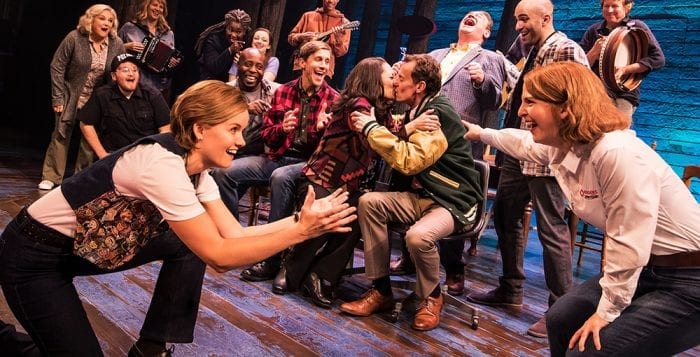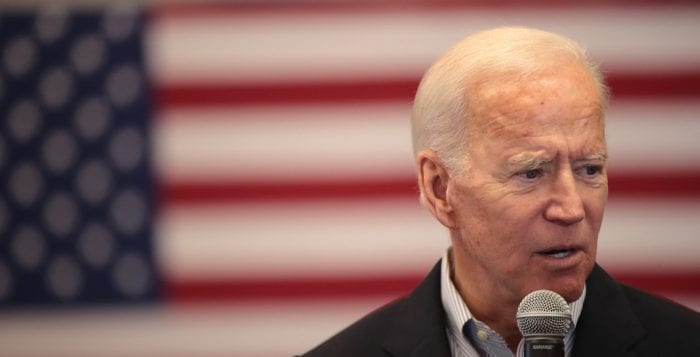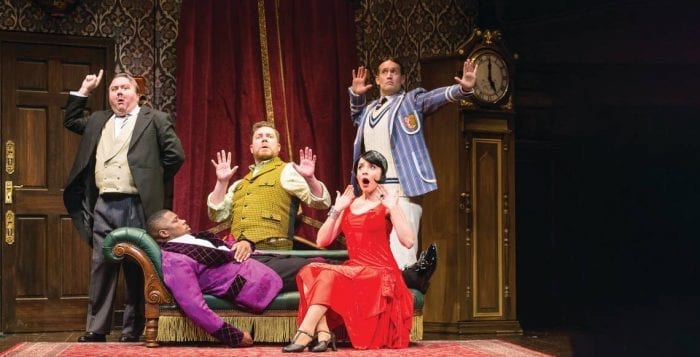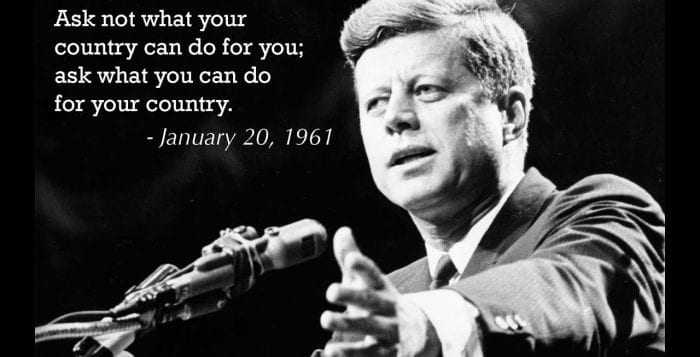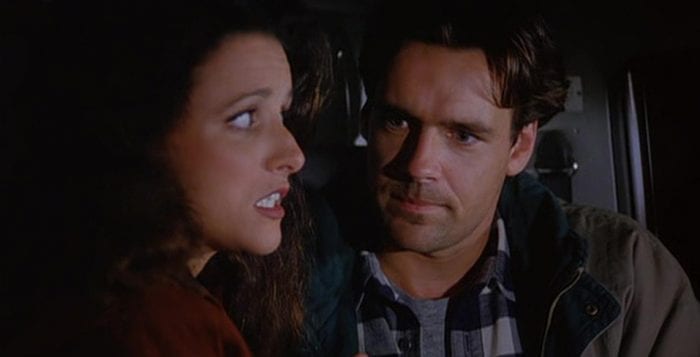By Daniel Dunaief

You know those thought bubbles artists draw in cartoons, where the reader can see what each character is thinking even as the person might be saying something like, “Bless your heart”?
I tried to imagine possessing that real-life talent when I recently attended the show, “Come from Away.”
The musical, which debuted close to seven years ago, offers a retelling of the story of people diverted on their planes on 9/11 to the small town of Gander on the island of Newfoundland in Canada.
The local folks, with their indigenous
accents, offer support for the sudden influx of thousands of people from all over the world who are stuck in a place where they can’t get to their clothes, pets or toothbrushes.
The world changed dramatically on that day, as people on those redirected planes gained an almost immediate perspective on the inconvenience of their experience compared to the tragedy other families endured.
The people from Gander were incredibly hospitable and heroic, stepping outside their own needs to welcome and support the collection of people trapped with them for an indeterminate period of time.
While I don’t want to spoil the story — and please stop reading if you’d like to experience the show without any specific expectations — the musical also addressed one of the crueler elements that arose in the aftermath of that awful day: Some Americans developed a fear of Muslims.
One of the Muslim men stuck in Gander immediately drew suspicion from his fellow passengers. What, they wanted to know, was he doing and was he a threat to them?
In the days, weeks and months that followed those despicable attacks, many Americans developed an unfounded fear of all Muslims, just as people became distrustful of Japanese-Americans after the 1941 attack on Pearl Harbor.
One of the reasons I wished I had a thought bubble as I watched the show was to see and appreciate what the other members of the audience recalled in their own lives.
Indeed, for me, the toughest part of the beginning of the show was immersing myself in the story. While I recognized that I was hearing about the experiences of people in a faraway place, I kept recalling the day when my then 3-month-old daughter seemed to sense our panic, fear and sadness, refusing to sleep or even allow us to put her down.
I also thought about the friends and professional contacts who got up, went to work and never returned to their families that day.
And now, several days after attending the show, I see that President Donald Trump (R) has decided to attack two of his favorite Democratic targets by retweeting images of House Speaker Nancy Pelosi and Senate Minority Leader Chuck Schumer of New York as Muslims, standing in front of an Iranian flag.
The suggestion, perhaps, is that they must be terrorists or be standing with the cruel regime in Iran if they don’t immediately support a president whose explanation for his own recent actions in Iran seems to change by the day.
Moving away from his world view, however, I feel as if we’re still fighting an irrational battle where one group — Muslims — is considered dangerous to “our way of life.” Do we really believe that any one religion could be eager to destroy us? Can we casually allow anti-Muslim fears to return?
Surely, we must have learned something in the last 18 years? The enemy doesn’t wear one set of clothing or practice one religion. We don’t have to wait for tragedy or for extraordinary circumstances to rise to the moment, the way the residents of Gander did.

